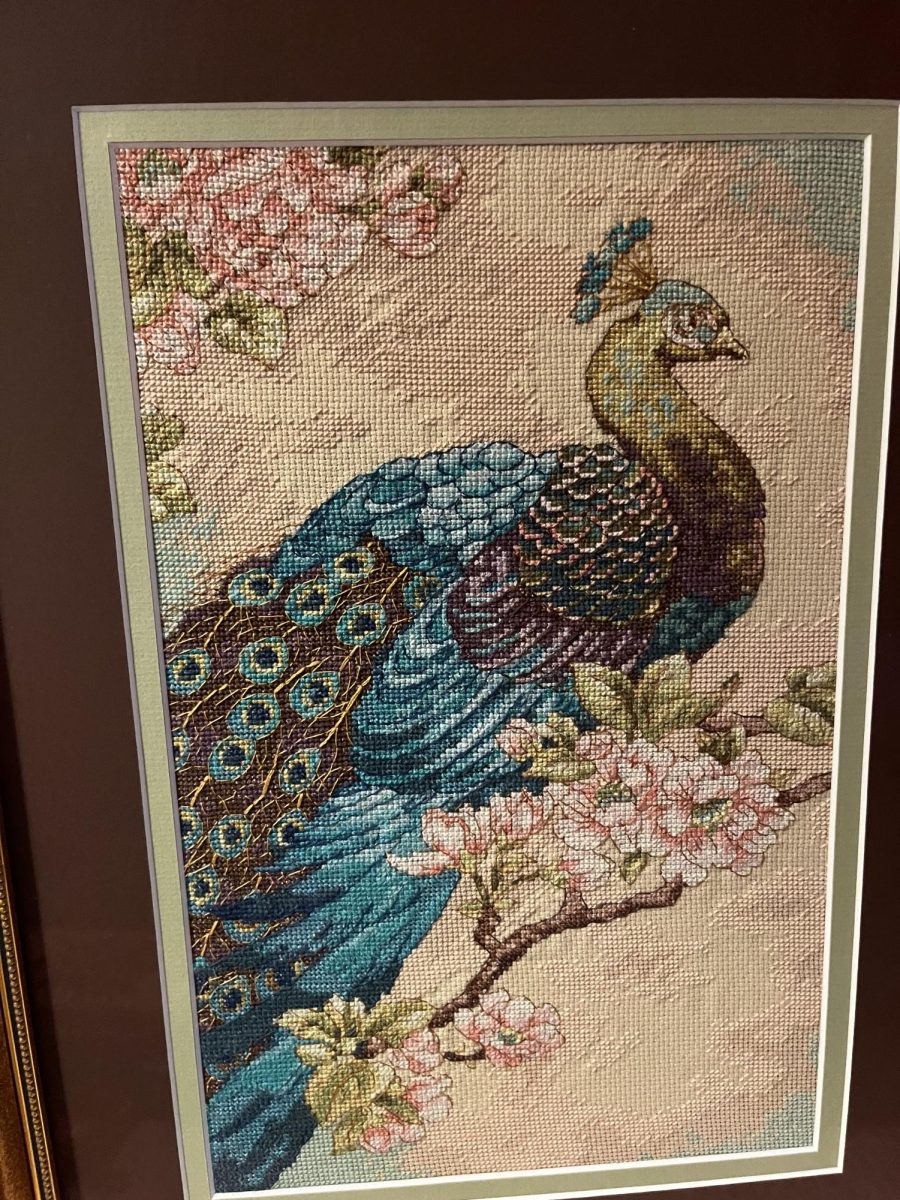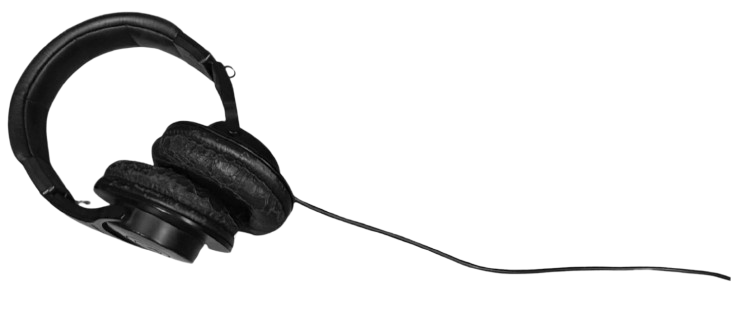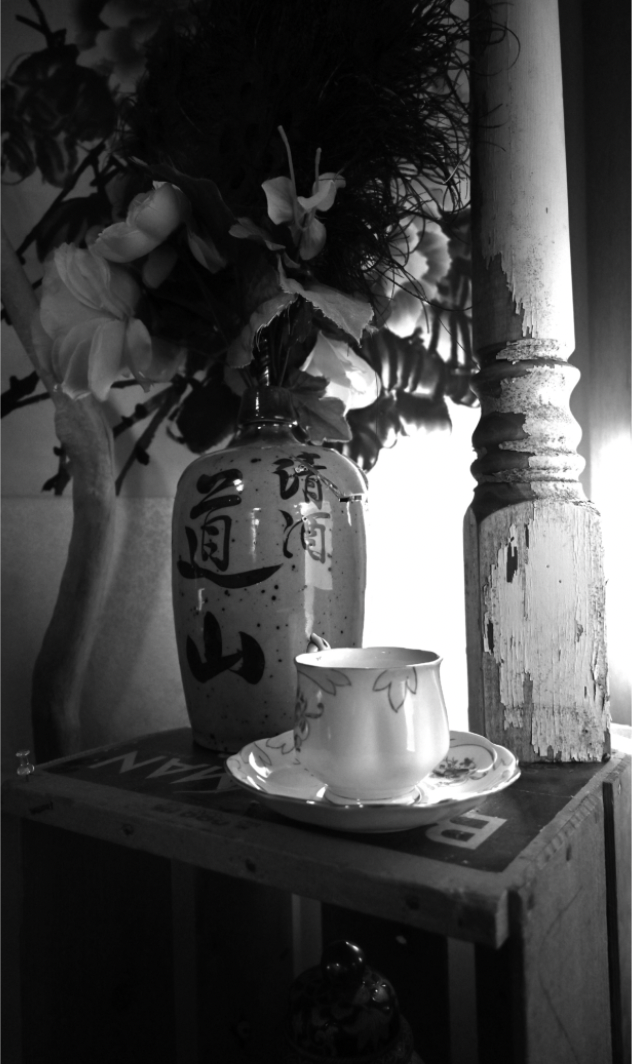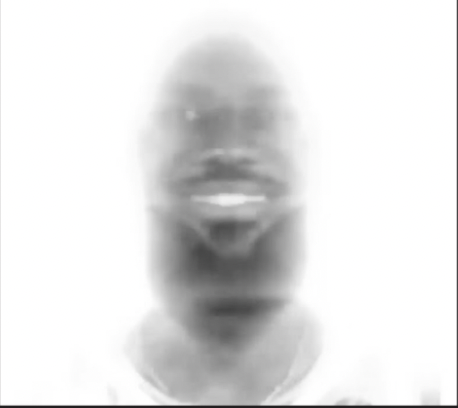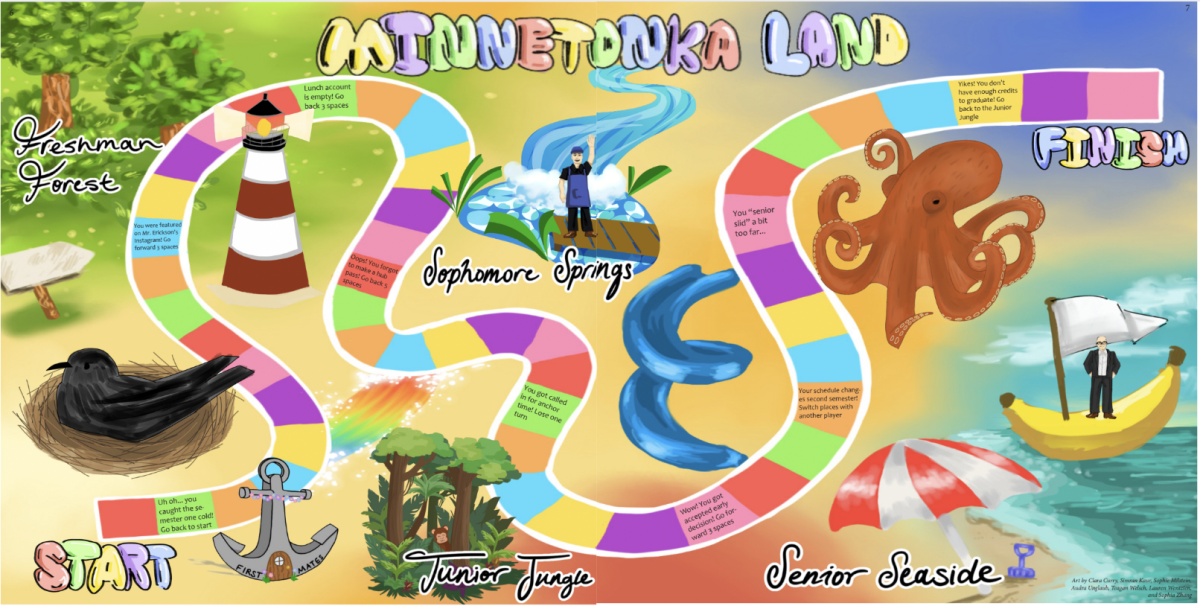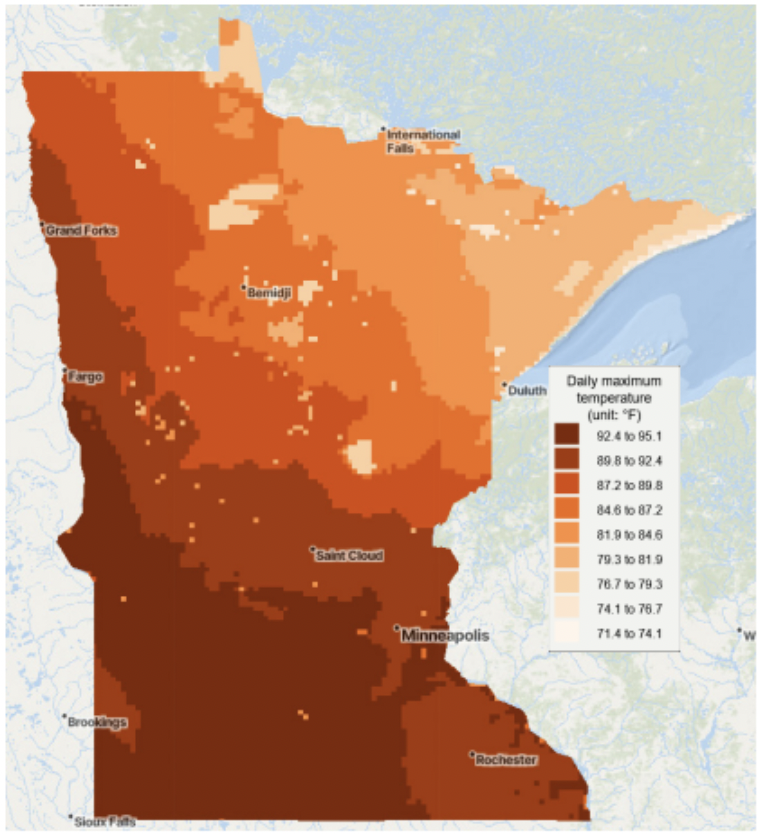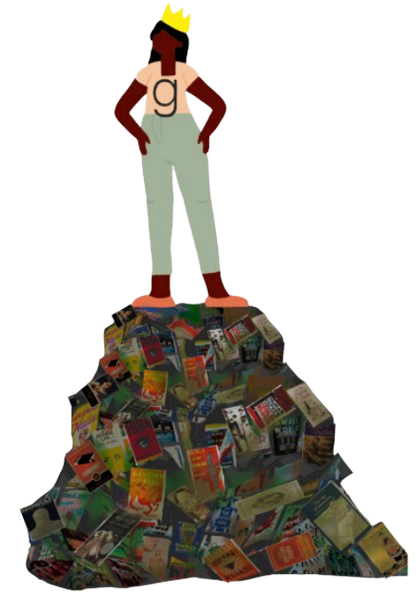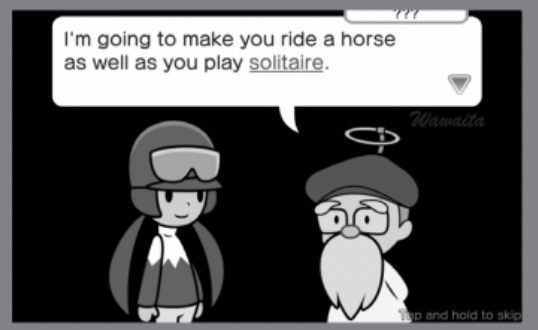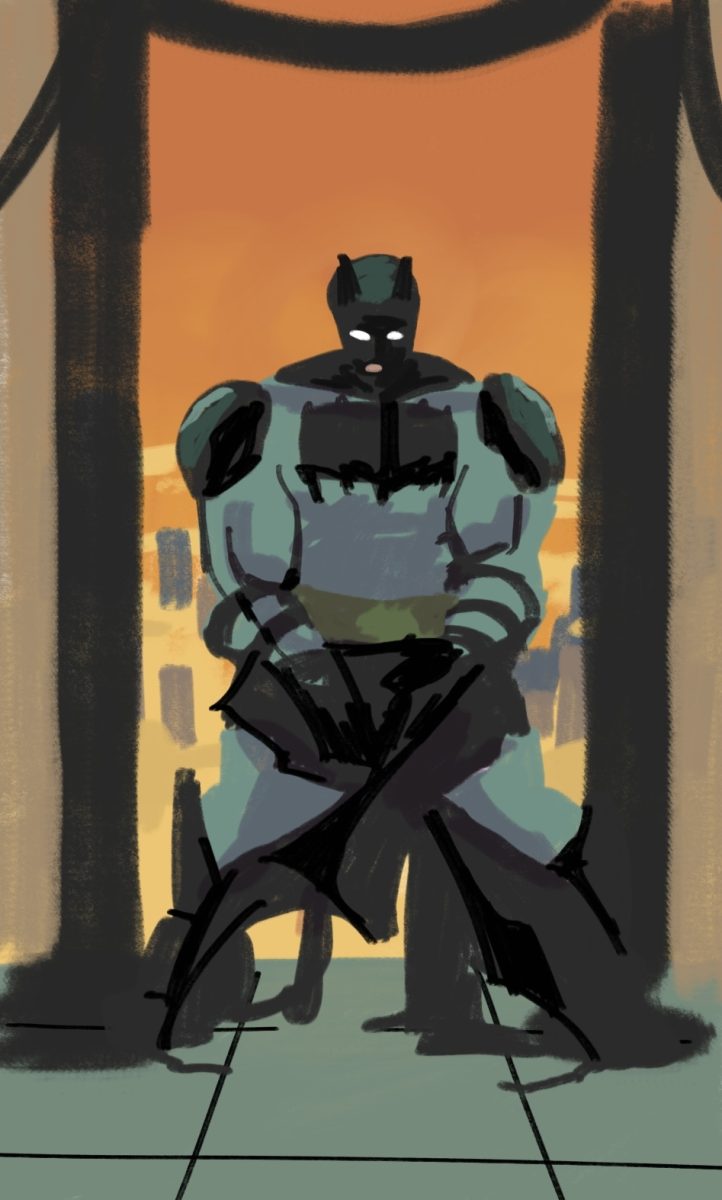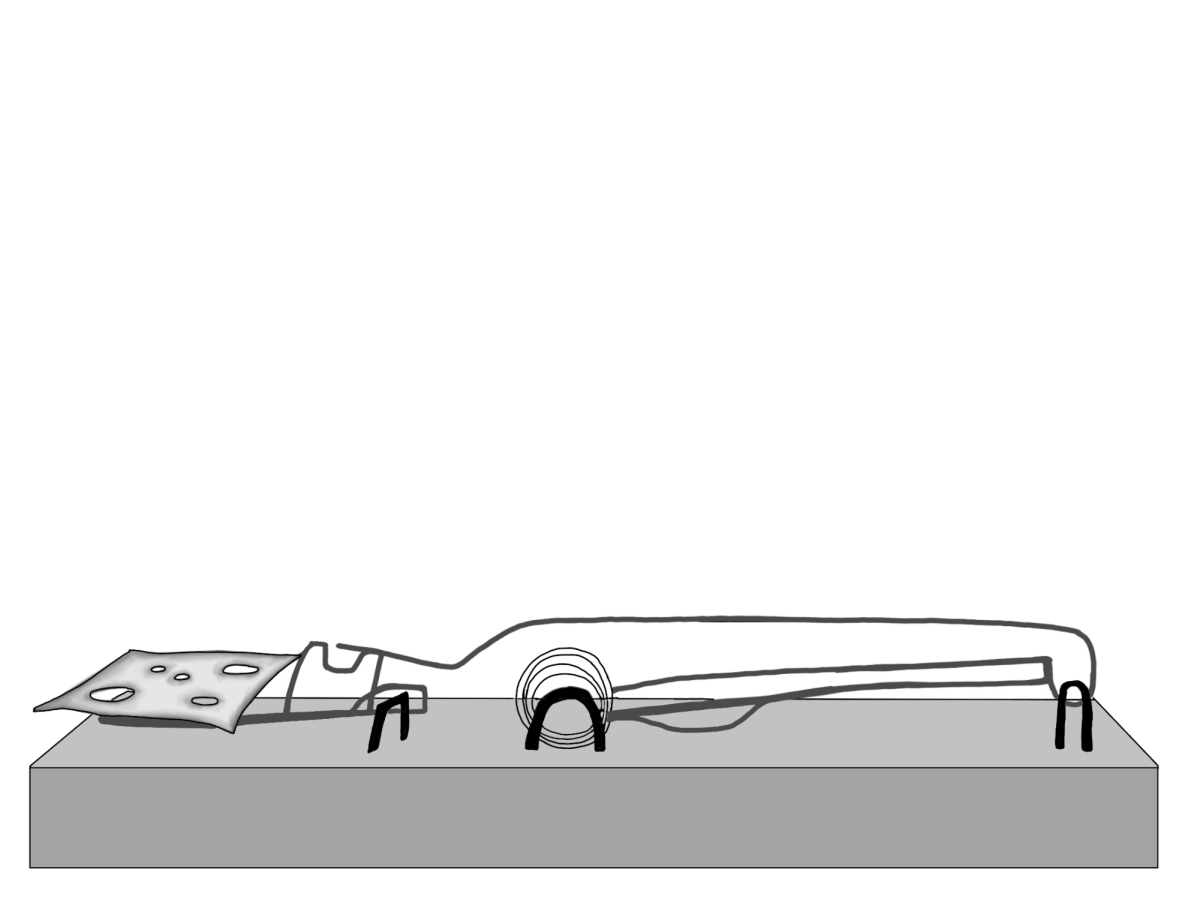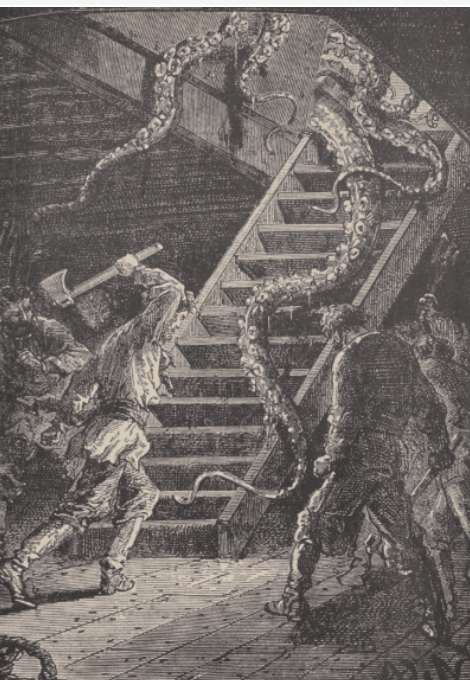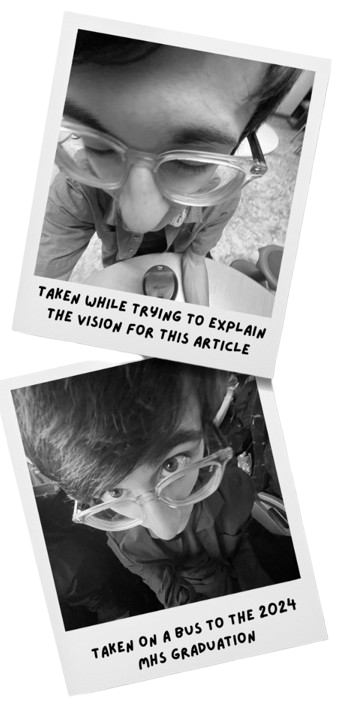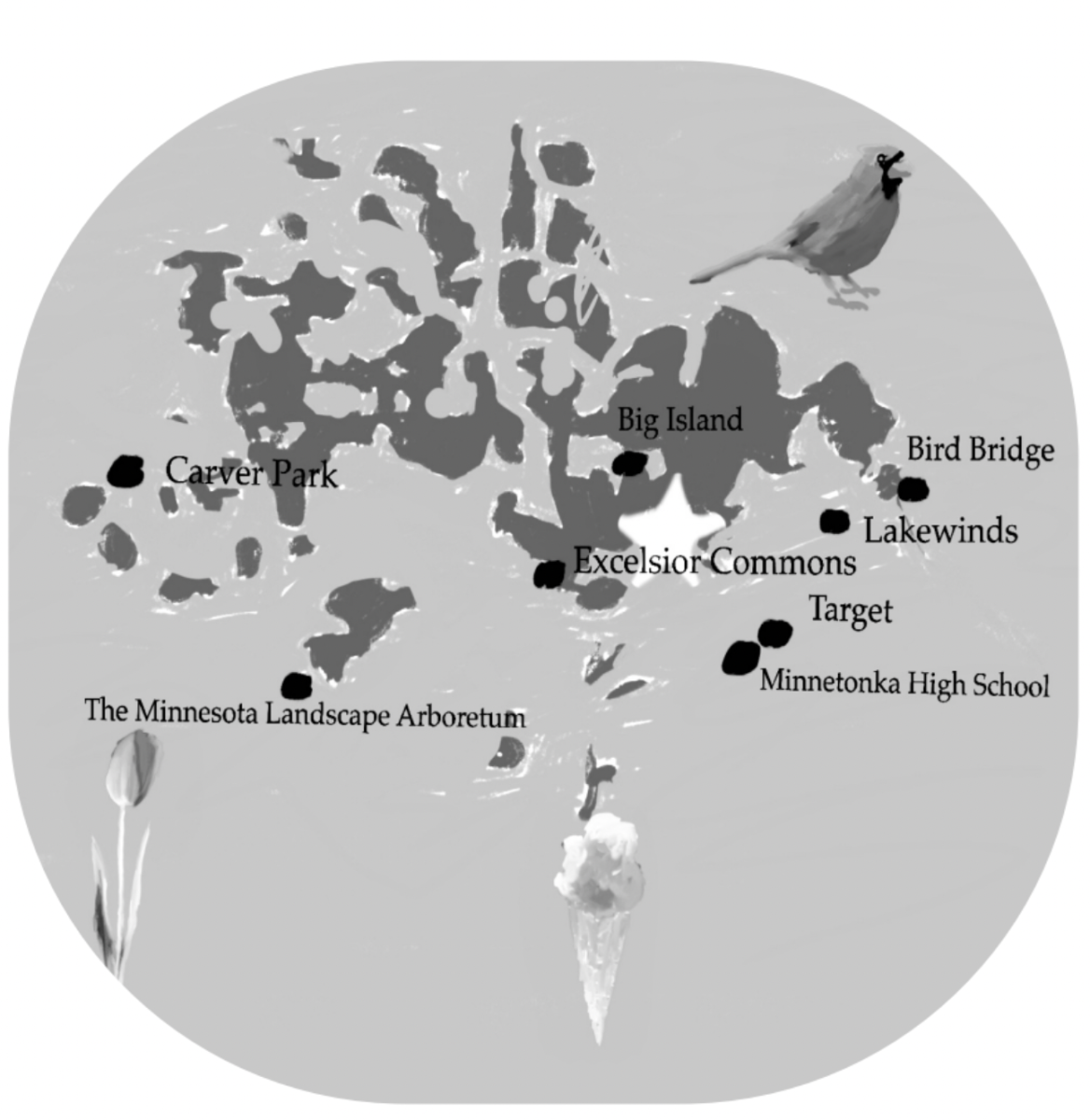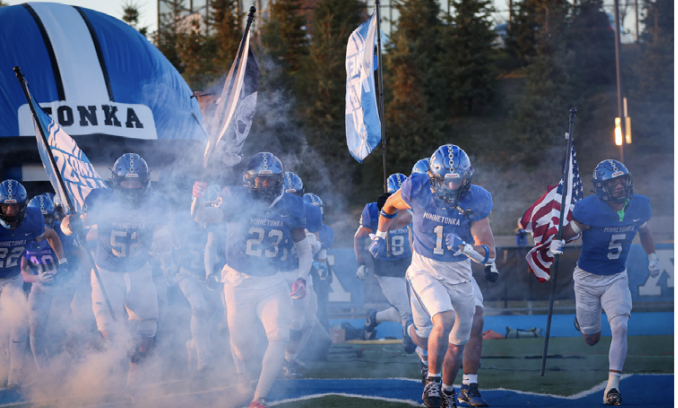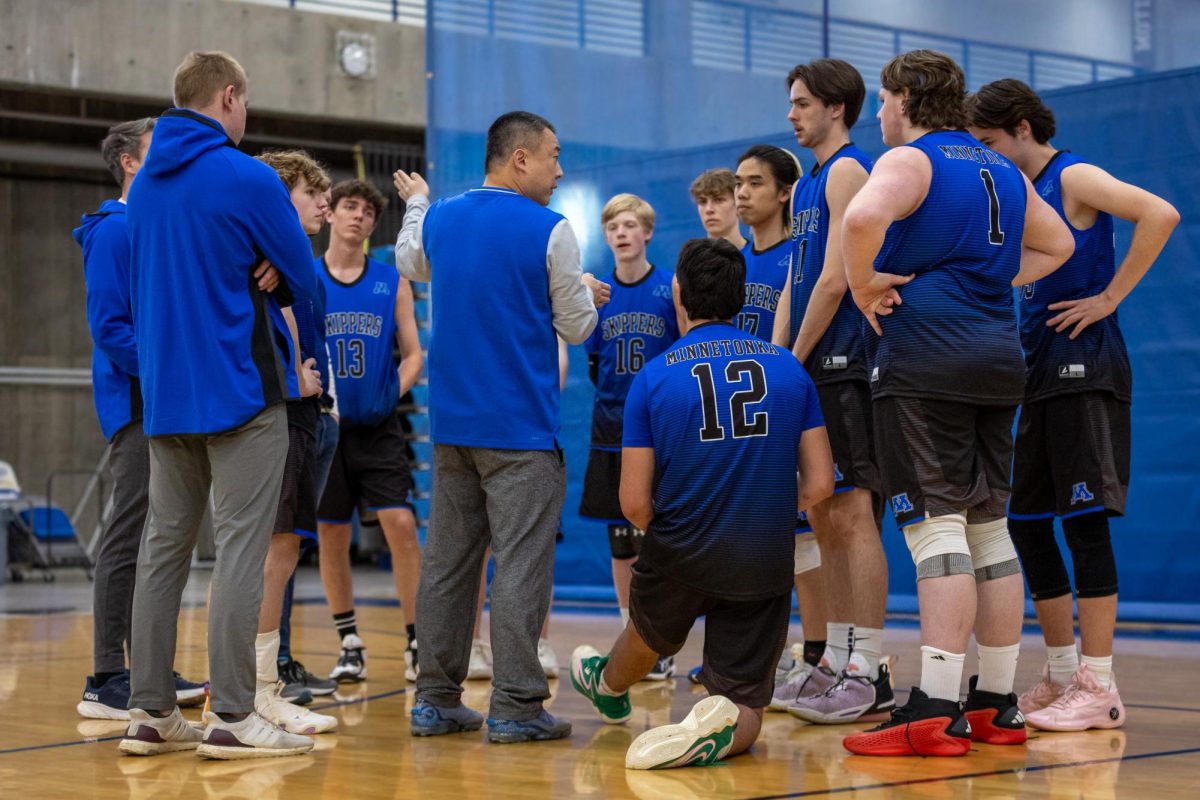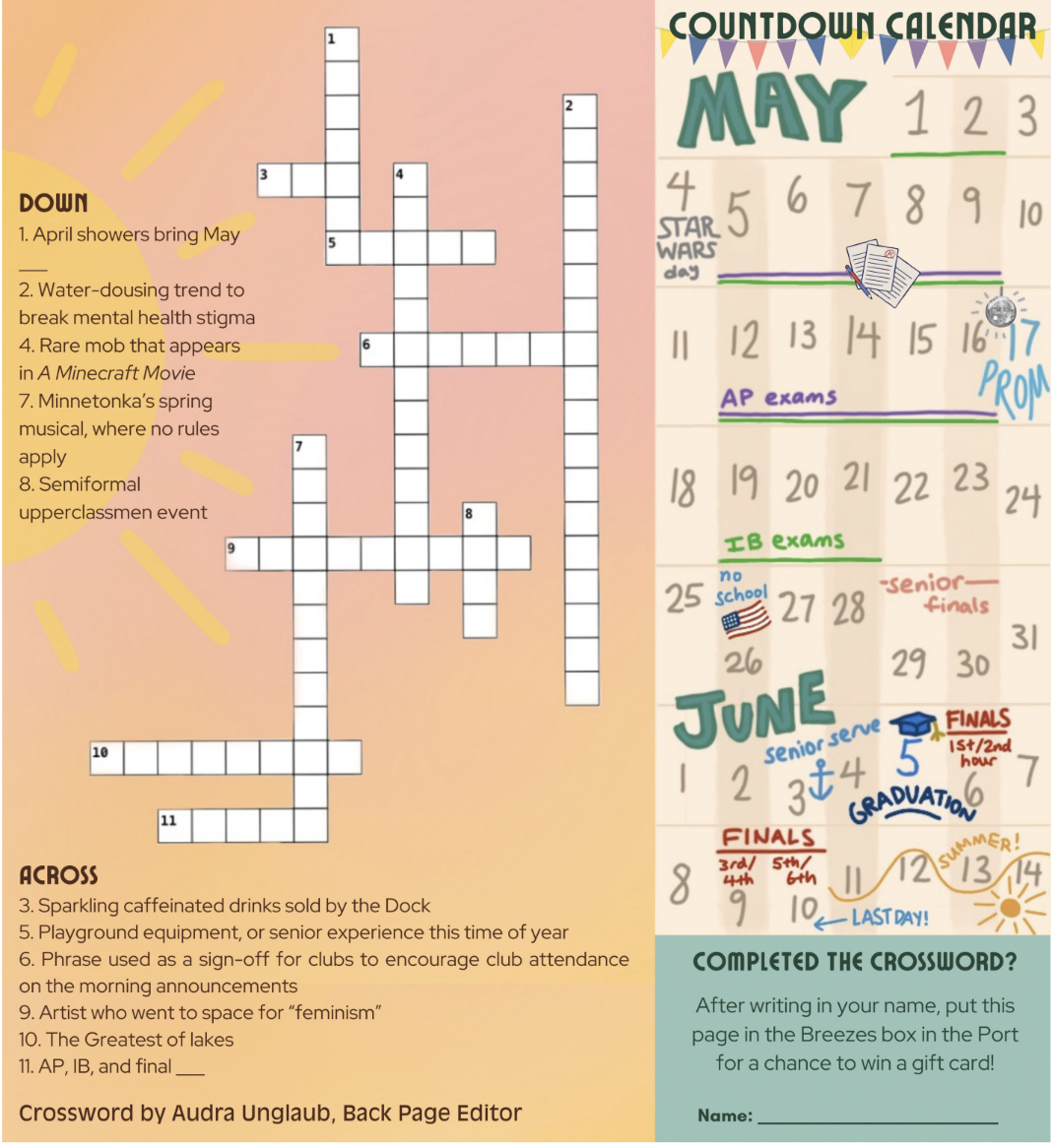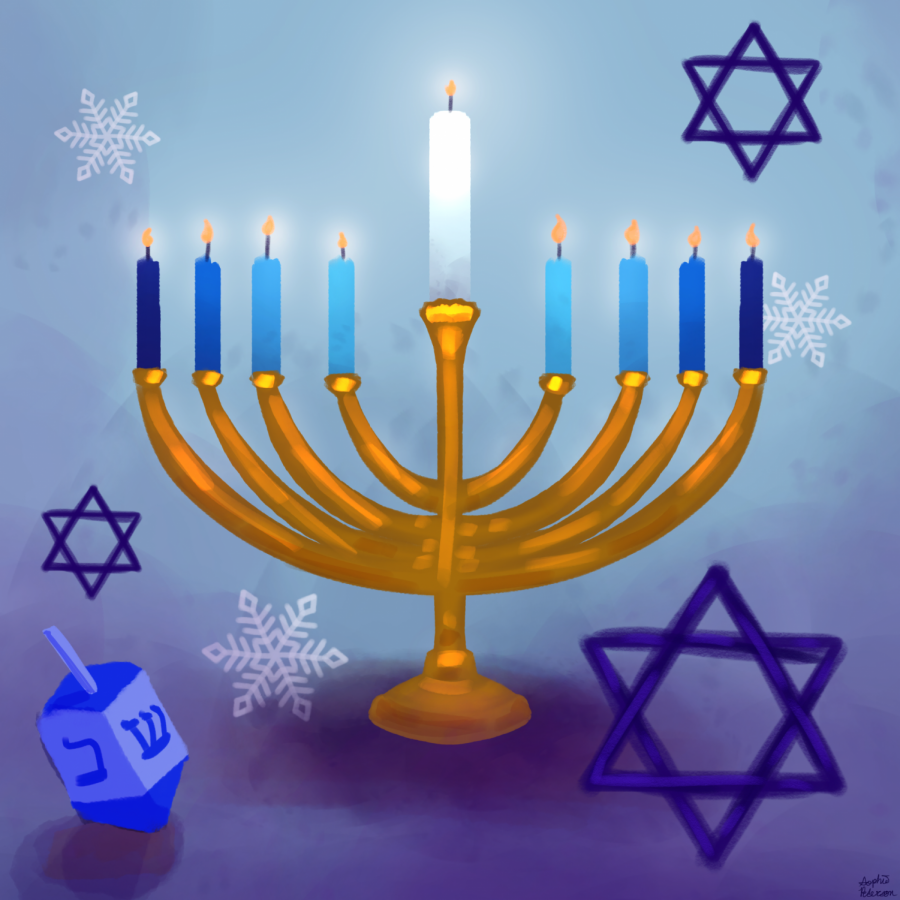Misconceptions of Hanukkah Misconceptions And Its Traditions Within Our High School
December 3, 2021
At Minnetonka High School, the majority of the student body is Christian. Therefore, many people are misinformed about other peoples’ traditions, cultures and holidays. It is the responsibility of the majority to educate themselves on their classmates’ culture in order to create a safer environment for everyone.
It is rather surprising how ignorant people can be when it comes to others who are different from them. Students were first asked the simplest of questions: how many days are there in the Jewish holiday, Hanukkah?
Student responses to this question ranged from seven to twelve. In reality, there are eight days in Hanukkah. After being informed of this, many people tried to argue that Hanukkah still contains an odd number of days because there is an odd number of candles. While this is true, the tallest one in the middle of the menorah is used to light the other eight candles, each representing a night of Hanukkah.
The second question asked about Hanukkah was if students knew why people celebrated the holiday; unfortunately, most everyone interviewed stated that they had no clue. One person interviewed guessed that the celebration was “an extended Christmas for Jewish people in December.”
Regarding these kinds of comments, Levi Cherryhomes, ‘23, said,“By likening it to a Christian holiday, you are trying to assimilate [Jewish] culture, whether consciously or not, which is plain antisemitism.”
The overwhelming emphasis on Christian culture in the media has led to the comparison of Hanukkah with Christmas, despite the fact that they are not the same.
Cherryhomes emphasized to non-Jewish people to “listen to your Jewish friends please; we’re so tired of being talked over.”
Barbara Simon, the grandmother of Luke Rowen, ‘23, shared the purpose of Hanukkah, explaining that “it’s called the Festival of Lights. It is a celebration of a miracle wherein only one vial of oil was found in the Temple. That would be enough to only last one day, yet it lasted for eight.”
Unlike is often assumed, Hanukkah does not always occur entirely within December. Usually it occurs between late November and early December. The exact dates change every year due to the fact that Hanukkah is always on the 25th day of Kislev in the Hebrew calendar. This year, Hanukkah begins at sundown on Sunday, November 28 and lasts until sundown on Monday, December 6. Unfortunately, students are not given days off of school for Hanukkah.
Simon’s opinion regarding the lack of day off from school is that “You light a candle each night at sundown, but you do not have to be off for the religious part of it…Passover would be a more serious one. Yom Kippur is the holiest day of the year in Judaism. You atone for personal sins, and your fate is sealed for the coming year.”
Therefore, it makes a lot more sense for schools to have off on Yom Kippur over Hanukkah.
Cherryhomes concluded that “while having no school or work during Hanukkah would be nice, if they chose Hanukkah over more important holidays like Rosh Hashanah, Yom Kippur, Yom HaShoah […] I would be disappointed. Though perhaps schools could extend their winter break when Hanukkah overlaps with it, and employers could not schedule their Jewish workers for the evenings.”
Looking at the district calendar, none of these three sacred holidays yet qualify for days off in the eyes of Minnetonka’s school board. Hopefully students have learned something new in this article and can go throughout their days being more empathetic towards other cultures. Students should use their voices and contact adults in charge of this to help the Jewish community receive the time off and recognition they deserve.

